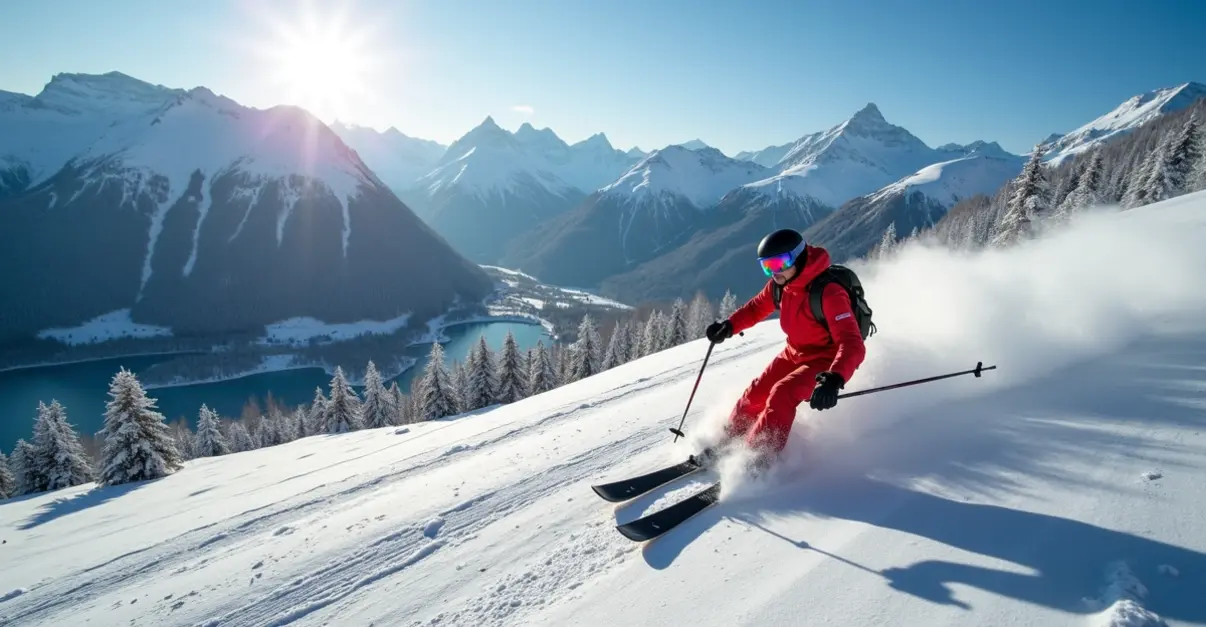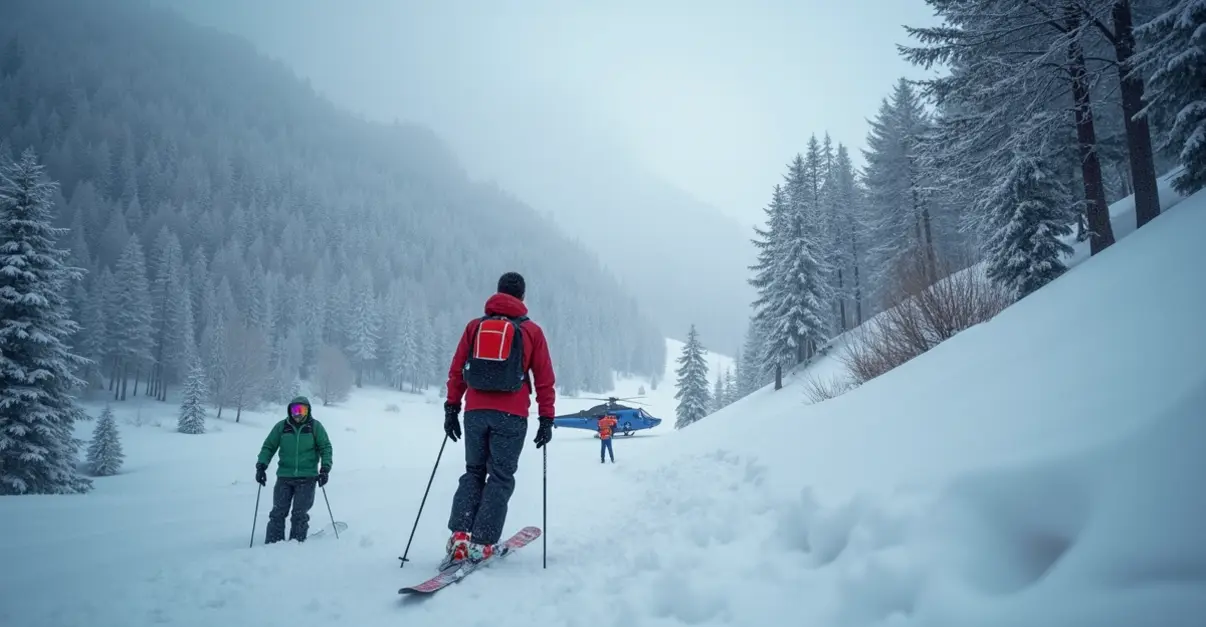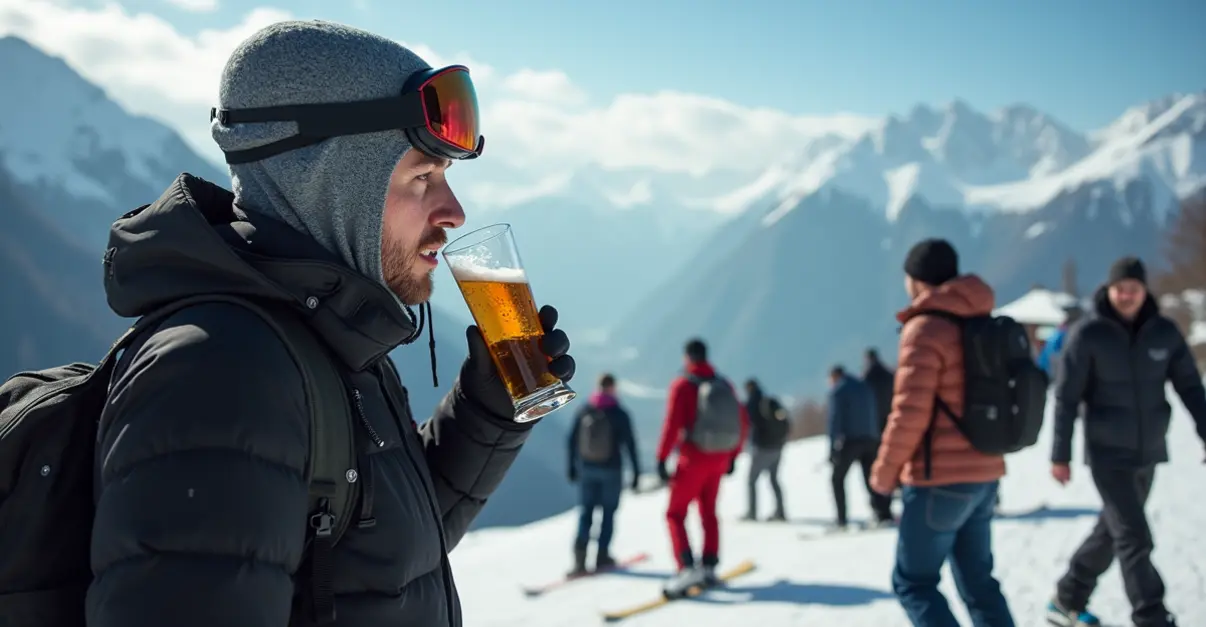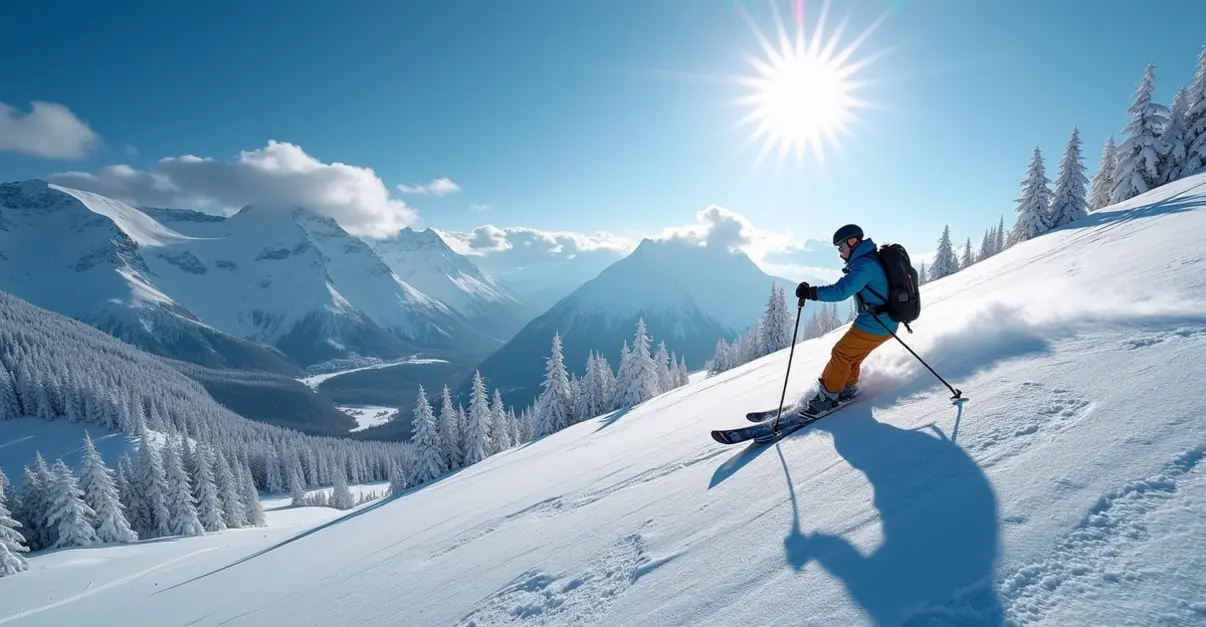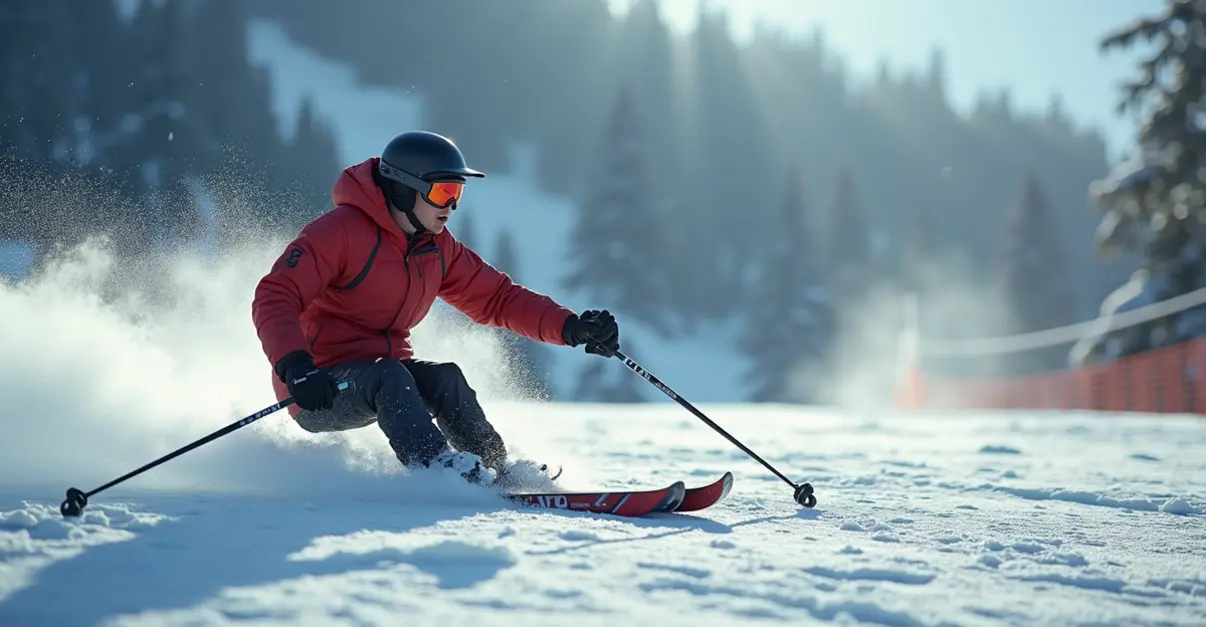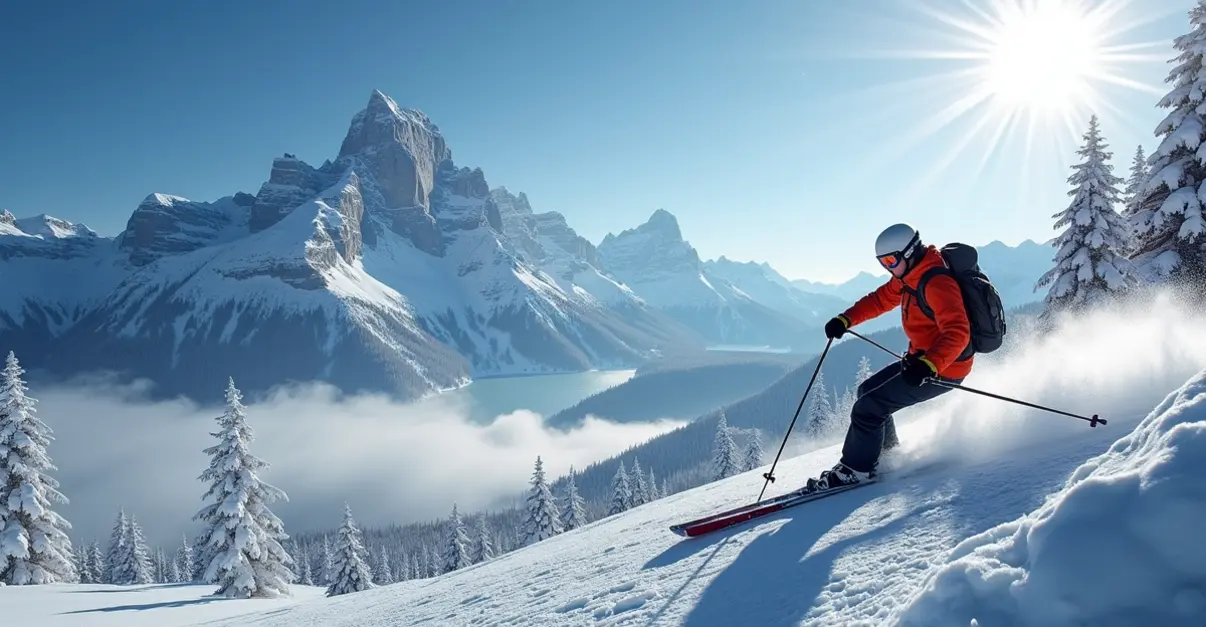Alarming Study Reveals Widespread Alcohol Use on Austrian Slopes
A recent study by the Kuratorium für Verkehrssicherheit (KFV) has uncovered a disturbing trend in Austrian ski resorts: nearly one in four winter sports enthusiasts (23%) admitted to skiing, snowboarding, or sledding under the influence of alcohol during the previous season. Even more concerning, one in ten confessed to doing this regularly. Translated into numbers, this means approximately 200,000 winter sports enthusiasts hit the Austrian slopes while intoxicated last year.
Underestimated Risks and Safety Concerns
Safety experts emphasize that the effects of alcohol on reaction time and coordination are still severely underestimated. 'Alcohol not only increases the risk of accidents but also makes it more difficult to judge speed and distance - a dangerous combination on crowded slopes,' explains Dr. Markus Weber, a sports medicine specialist from Innsbruck. Although Austria has no legal blood alcohol limit for winter sports participants, medical professionals stress that even one drink significantly increases the risk of injury.
Strict Regulations in Neighboring Italy
In contrast to Austria's more relaxed approach, Italy enforces strict regulations. Since 2022, all winter sports participants must have valid liability insurance and cannot exceed a blood alcohol level of 0.5%. Violators face fines ranging from €250 to €1,000, and levels above 0.8% are considered criminal offenses. Additionally, starting November 1, 2025, Italy will implement mandatory helmet use on all slopes for all ages, not just children. Those caught without helmets risk fines up to €150 or even revocation of their ski pass.
Improving Safety Equipment, But Behavior Remains Problematic
While Austria lacks uniform helmet requirements - only seven of the nine federal states mandate helmets for children under 15 - most winter sports enthusiasts voluntarily wear helmets today. This has led to a significant decrease in head injuries in recent years. However, the number of skiers hitting the slopes after drinking remains unchanged, a trend that experts say urgently needs addressing. 'We've made great progress with safety equipment, but we can't ignore the human factor,' says safety campaigner Anna Schmidt. 'Drinking and skiing is as dangerous as drinking and driving.'
Industry Response and Future Measures
Ski resort operators and tourism organizations are beginning to take notice. Many resorts are increasing awareness campaigns and some are considering implementing breathalyzer tests at lift stations. The Austrian Ski Federation has launched educational programs emphasizing that alcohol affects balance, coordination, and judgment - all critical skills for safe skiing. As winter sports continue to grow in popularity, addressing this safety concern becomes increasingly important for protecting both participants and the industry's reputation.

 Nederlands
Nederlands
 English
English
 Deutsch
Deutsch
 Français
Français
 Español
Español
 Português
Português
